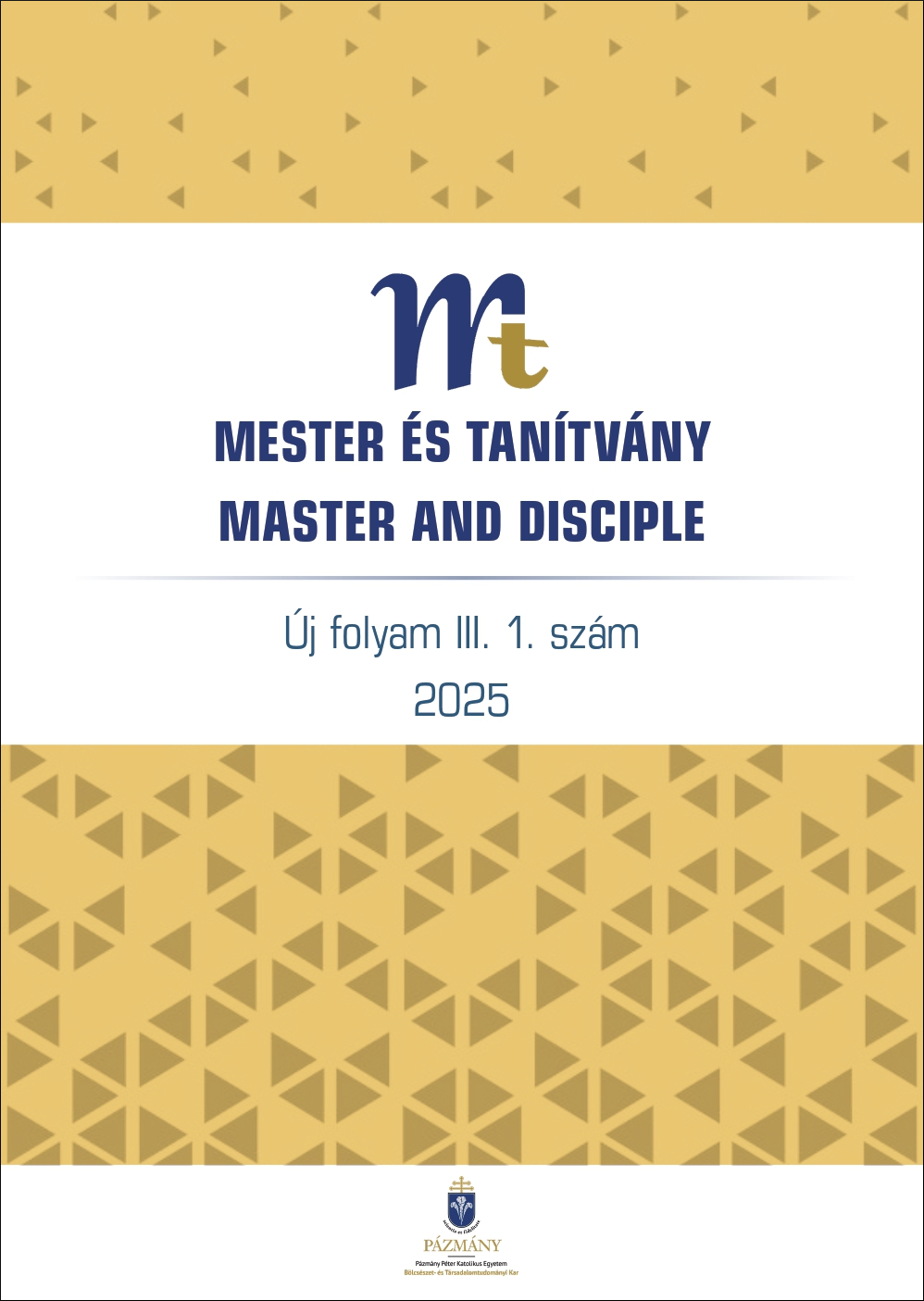Possibilities of Native Language Development and Vocabulary Expansion: Learning the Use of Mind Maps in Preschool
Published 30-06-2025
Keywords
- Keywords: mind map, speech development, comprehension, reading, social skills, vocabulary, integration, equality of opportunity
Copyright (c) 2025 Fogarassy Nikolett

This work is licensed under a Creative Commons Attribution 4.0 International License.
Abstract
The onset of speech is a critical milestone in early childhood development. The linguistic preparedness and quality of expressive communication of children entering preschool serve as essential foundations for their social skills. Numerous residual symptoms of late speech onset are known, including reading and comprehension difficulties, speech sound disorders, and grammatical dysfunctions (Fehérné Kovács et al, 2018). It is evident that mastery of the native language significantly influences not only success in preschool but also in school. In this pilot research we introduce the preschool application of min maps. By analyzing the mind maps created, we can infer the detail of children’s independent expression and the quality of their conceptual development. Using empirical research methods, I observed how children’s associations appear on mind maps and examined the characteristics of various types of mind maps (story-based, concept-based, individual, group). Particular attention is given to the creations of children identified with special educational needs or learning and behavioural difficulties. The primary conclusion of the pilot study is that the institutional application of mind maps and their role in vocabulary building and native language development can support the integration of children with linguistic disadvantages. Therefore, they can be regarded as learning tools that promote equal opportunities.


